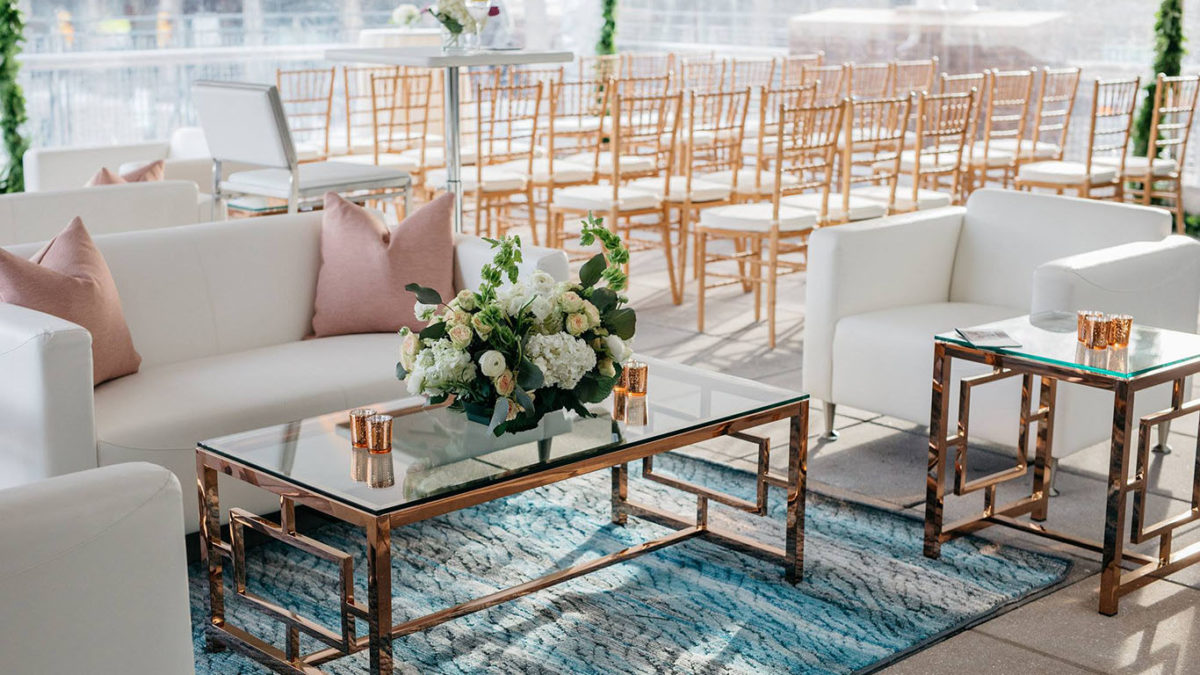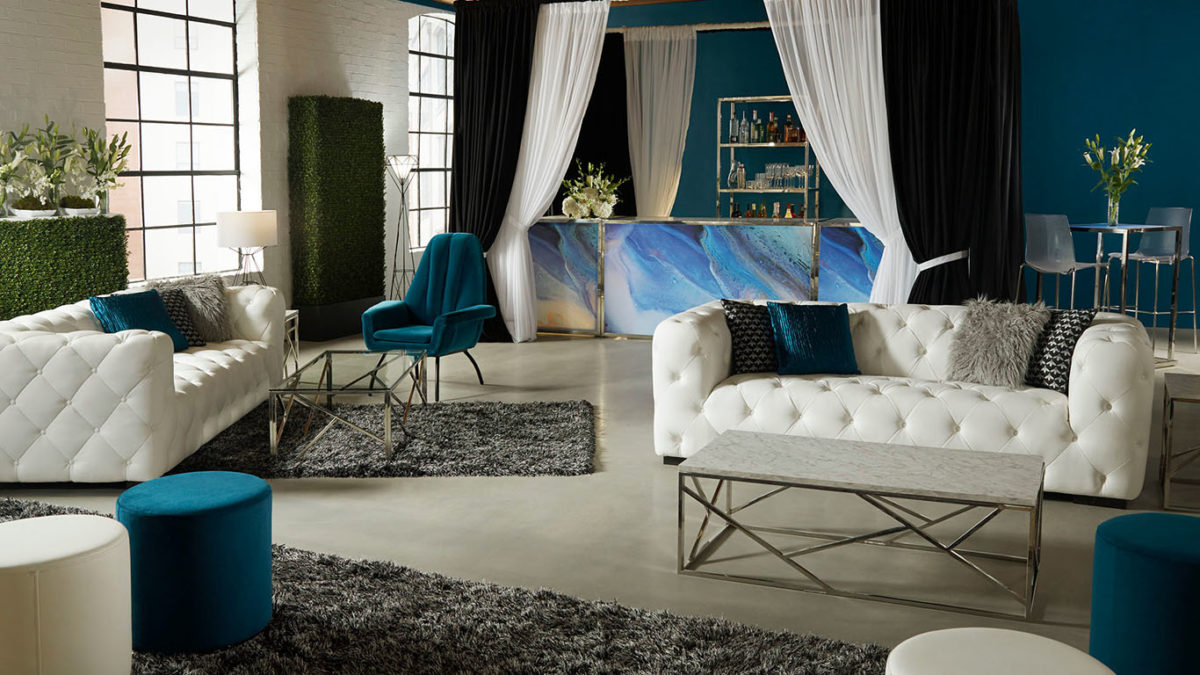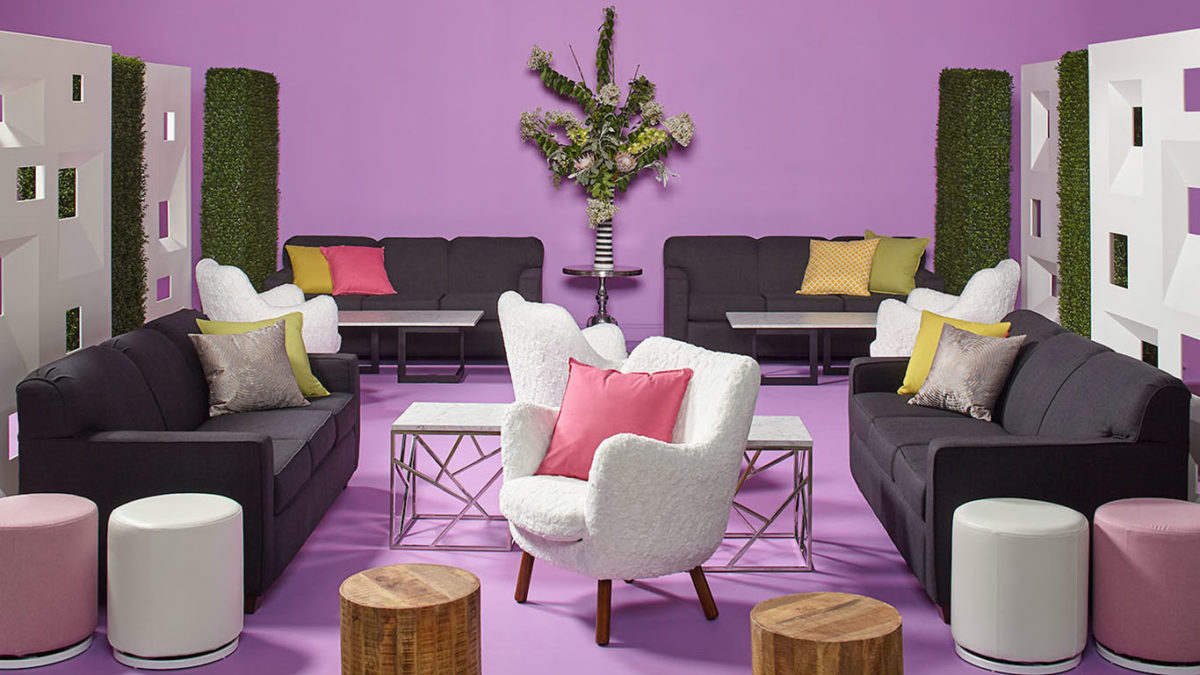We certainly live in a different world than we did at the dawn of 2020, and many of the events that organizations planned for this year were either canceled or changed radically. Now that we know some of what to expect in a pandemic, many event planners are moving forward and looking toward next year.
What does the industry hold for 2021? What trends can we look to? It’s no secret that events will look different next year. Prepare well with these seven major trends to look for in the event industry in 2021.
More Hybrid Events
The events of this year have demonstrated that we can hold at least portions of events online. As a result, we can see more events in 2021 that will take place online, either completely or in part. There are plenty of opportunities that abound with hybrid events.
We may see shorter in-person events that continue online. Follow up with attendees, sponsors and other clients can easily take place once the event ends. We could also see “pre-events” that take place online and continue in-person — holding an event preview or early session online can serve as a teaser to build anticipation for the in-person event itself.
Less Physical Touch
We were already moving away from physical touch, to begin with, but circumstances in 2020 have pushed us even further away. Look for more opportunities to contact without engaging in physical touch. Next year, we’ll see more of an emphasis on completely touchless interaction.
Prepare by finding ways to pay digitally, along with registration and communication via apps and online channels. We’ll see less reliance on touchscreens than in the past, and we may even see organizers utilizing scannable wristbands at events.
Emphasis on Communication
People expect to know what’s going on now more than ever, which makes communication even more crucial than it has been in the past. Opportunities for open and honest communication can help ensure the success of any event. Be prepared to ask more questions on registration forms — especially when it comes to health, but also be ready to share more information when necessary.
It’s also important to find the balance between thorough communication and information overload when it comes to future events. Look for ways to communicate all the important points that attendees and potential attendees need to know without bombarding them with emails and notifications.
Online Networking
One of the keys to success in a world of hybrid and online events is figuring out ways for people to connect and engage when they’re not in person. In the past, event-goers relied on face to face interaction for networking at events, but some of those opportunities don’t exist anymore.
New types of events mean new paradigms for business interaction. Help attendees network with new strategies for connection. Develop avenues for online networking, whether it’s through a web portal, an app, or social media groups.
Health Screening Areas
These days, people want to know that they’ll be safe everywhere they go, which is why health screening areas will be a must for events in 2021 and beyond. Of course, some of your health screening will take place in questionnaires before the event, but be prepared to set aside an area at the entrance to your venue for temperature screening.
You should consider tables and dividers for screening areas. Plan on having hand sanitizer or hand washing stations throughout your event space as well, and you might want to have an area for extra masks if someone forgot to bring one. You’ll also want to post signage that communicates your health standards and guidelines.
Distancing in Sessions and Breakouts
Let’s face it: social distancing isn’t going away anytime soon. The emphasis on social distancing in today’s culture means that your future events will look different. Room layouts will have to change as a result. You won’t be able to put rows of chairs as close to each other for large sessions, and you can’t place as many people at a table in breakout sessions.
You’ll need more tables to be able to spread people out, and you may even want to consider a different venue to accommodate your participants. You should also expect lines to enter and get around your event, so prepare with 6-feet markers on the floor and other clear reminders of social distancing. Plexiglass barriers at booths or other areas will facilitate communication amid social distancing needs.
Smaller, More Personalized Events
With fewer people willing to travel, events in the foreseeable future will be smaller. Cavernous event spaces may not work for events with fewer participants, so consider smaller venues or buildings with more options for customization.
At the same time, people are demanding more personalization in the events they attend. Plan more breakout options, and consider setting up tracks that allow attendees to customize their experience. A more personalized event calls for creativity in decor, as well as more enticing and engaging design.
One of your best options for successful events in 2021 and beyond is renting your furniture and decor from CORT Events. CORT can help you with creative ideas and inspiration to put together an exciting and memorable event.
Renting with CORT gives you the ability to be light on your feet and work around changes to your plan. Furniture rental allows you to achieve sustainability because you’re not purchasing items that will be thrown away — not to mention the money you’ll save by not buying furniture. Call CORT when you’re planning your events in 2021; they’ll help you achieve the best possible event in this era of new paradigms.





